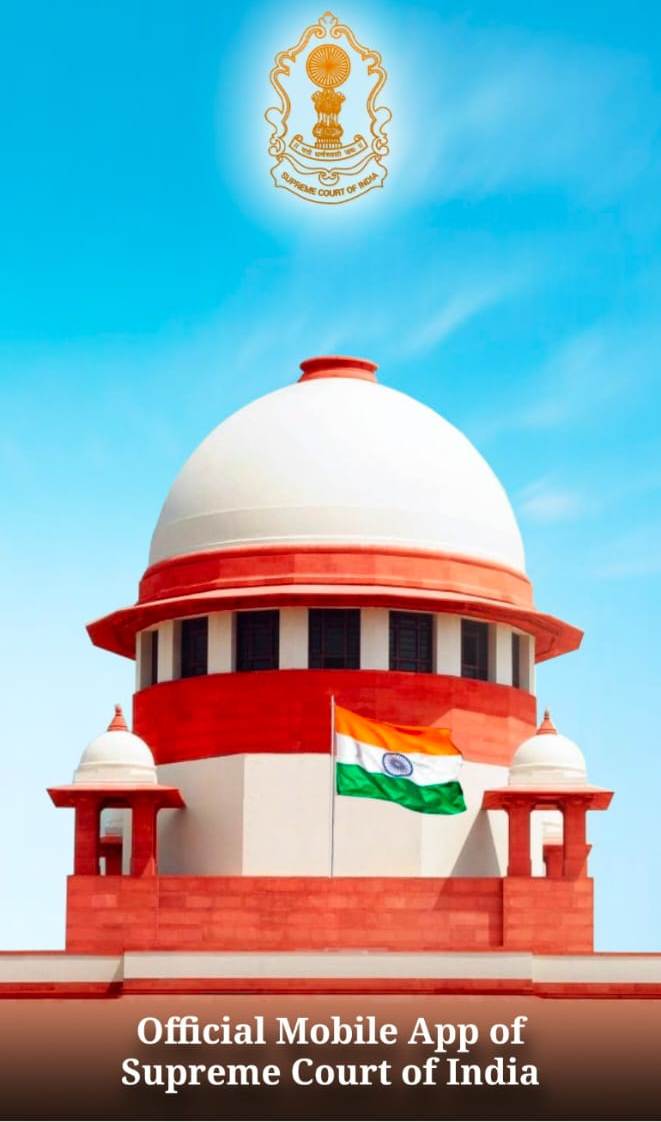The Supreme Court has stated that it has decided to put to an end to the practice of permitting the litigants for submitting in sealed covers.
Chief Justice of India DY Chandrachud made this remark in the case relating to the payment of arrears under the One Rank One Pension (OROP) scheme.
The Ministry of Defence, represented by Attorney General for India R Venkataramani, handed over a sealed cover to the Apex Court on Monday regarding the government’s roadmap on payment of arrears.
Other members of the Bench – Justice PS Narasimha and Justice JB Pardiwala, have directed the AG to share the same with the opposite party.
The Bench said that they want to put an end to the sealed cover business being followed by the Supreme Court and the High Courts.
The CJI said that he was personally averse to sealed covers. The High Courts were also allowing the same since the top court of the country was doing it.
The CJI very clearly said that there was nothing secretive about the case since it was about implementing the earlier orders of the Court.
He further said that this was about implementing the orders. There was no secret here. A copy must be given to the other side. Sealed covers were completely against settled judicial principles, added CJI Chandrachud.
The AG insisted but the CJI refused to budge and said please take it back or read it.
The AG then proceeded to read out the contents of the report.
The issues stems from the March, 2022 judgment in which the top court had upheld the OROP scheme introduced by the Central government through its notification of November 7, 2015.
The Court in that judgment had, however, said that a refixation exercise must be conducted by the government for a period of 5 years with regard to pension payable to Army personnel as stated in the OROP policy in accordance with the November 7, 2015 notification.
It had then said that the arrears should be paid within 3 months.
Subsequently, the same was extended by another 3 months in September 2022 and in January 2023, the Court granted another extension and directed that the payment be made by March 15.
However, the Centre then issued a communication that the payment will be made quarterly in four installments.
The affected personnel then moved the top court demanding how the government could unilaterally alter the deadline set by the apex court.


